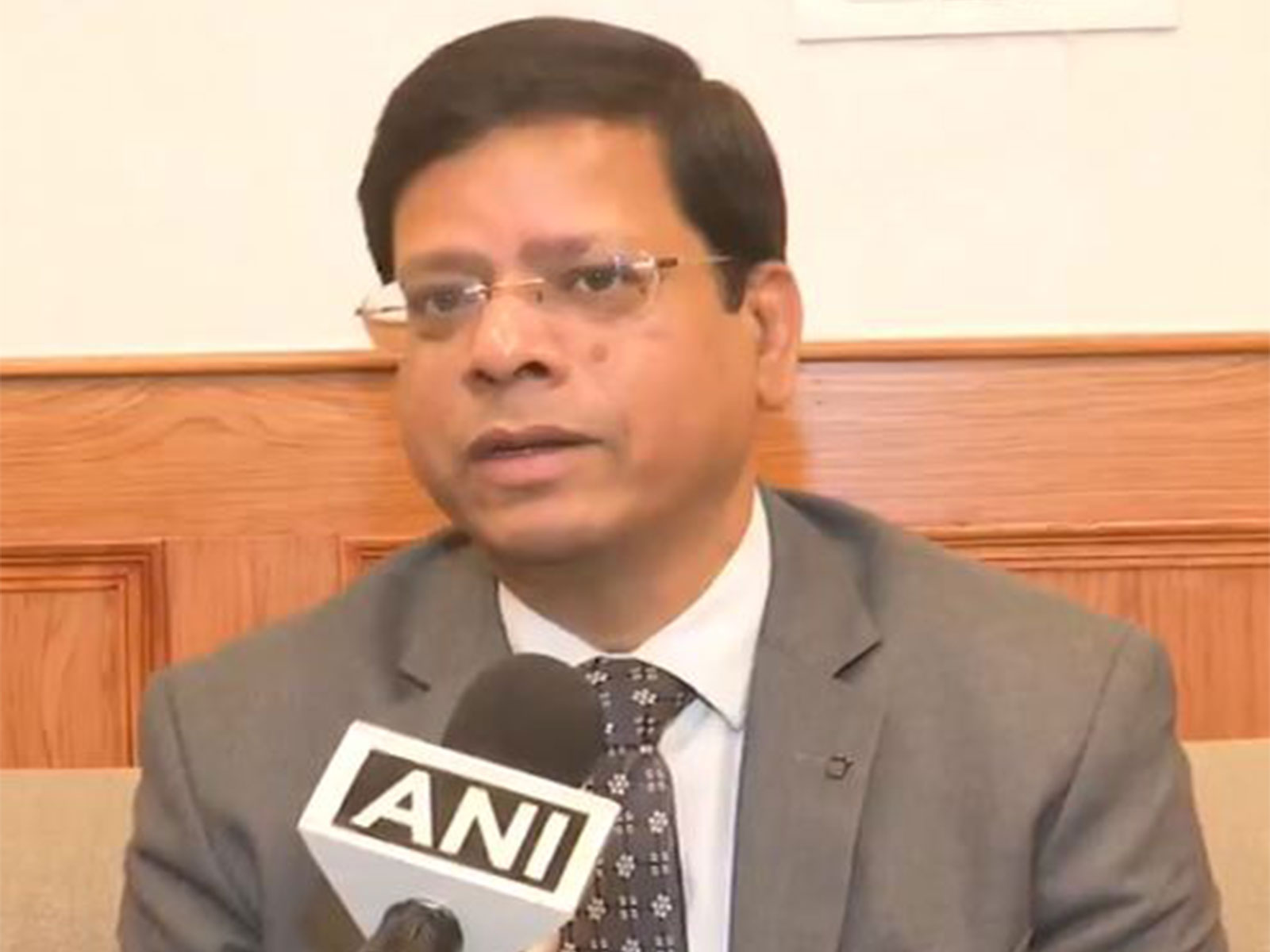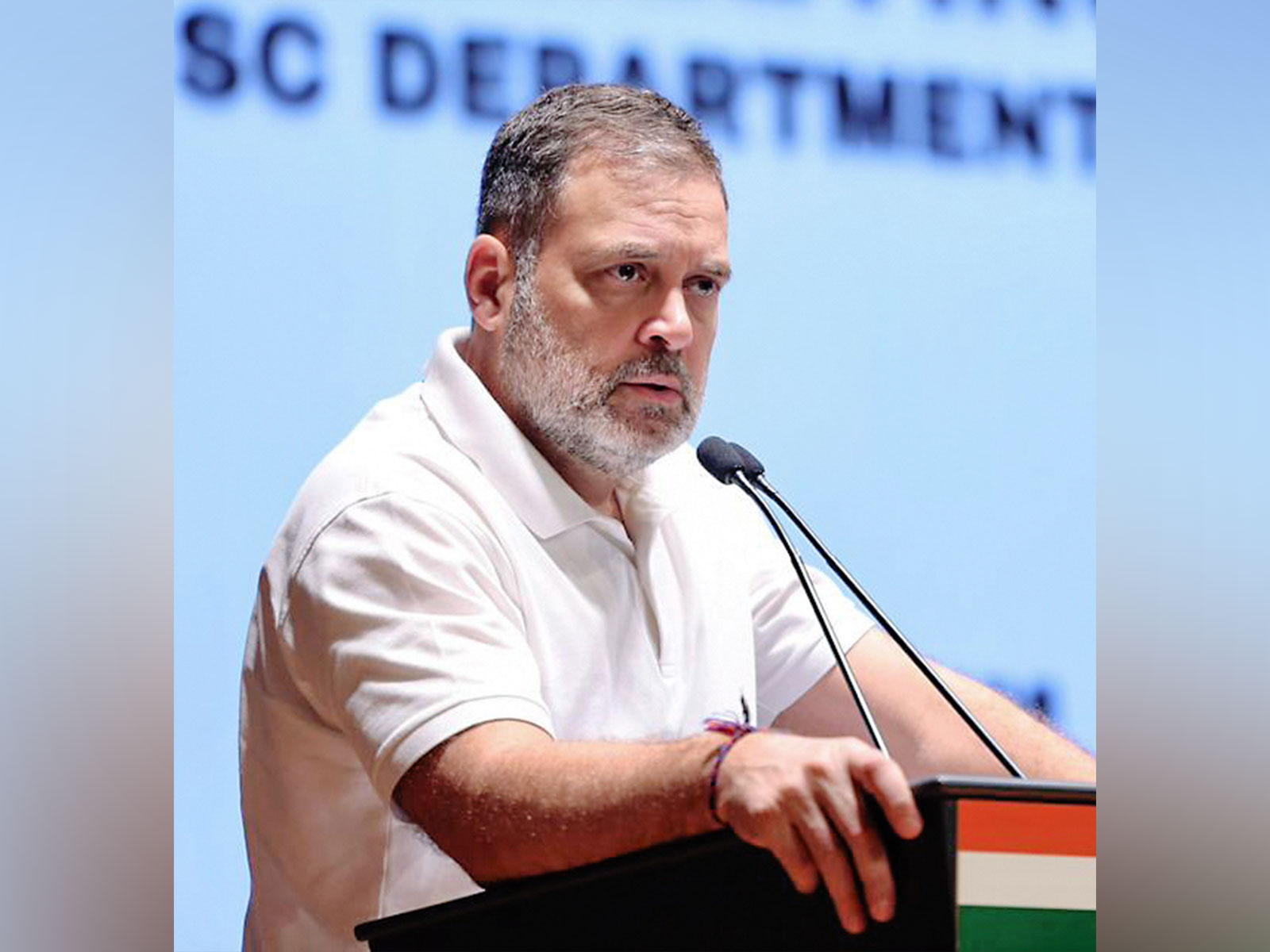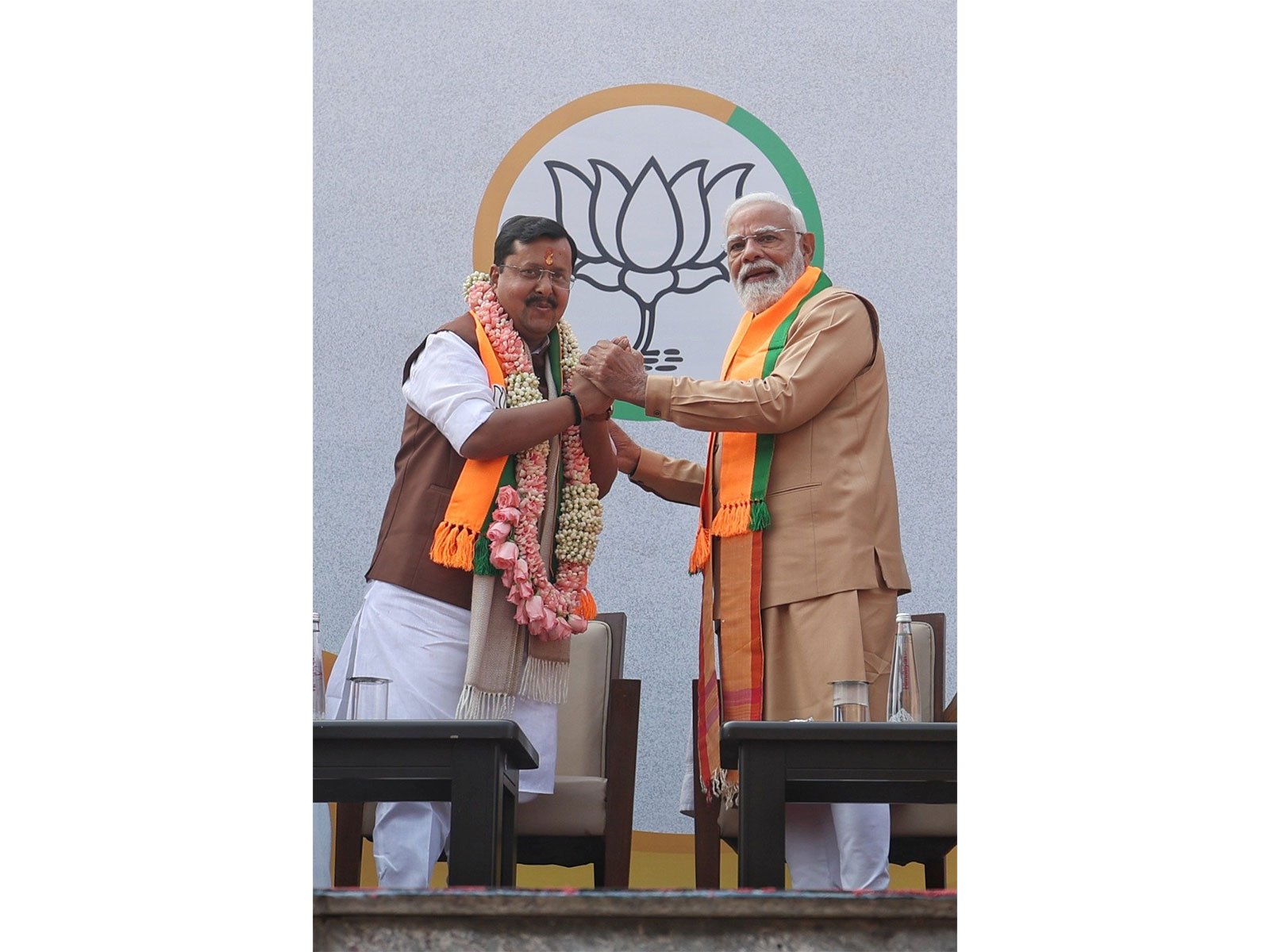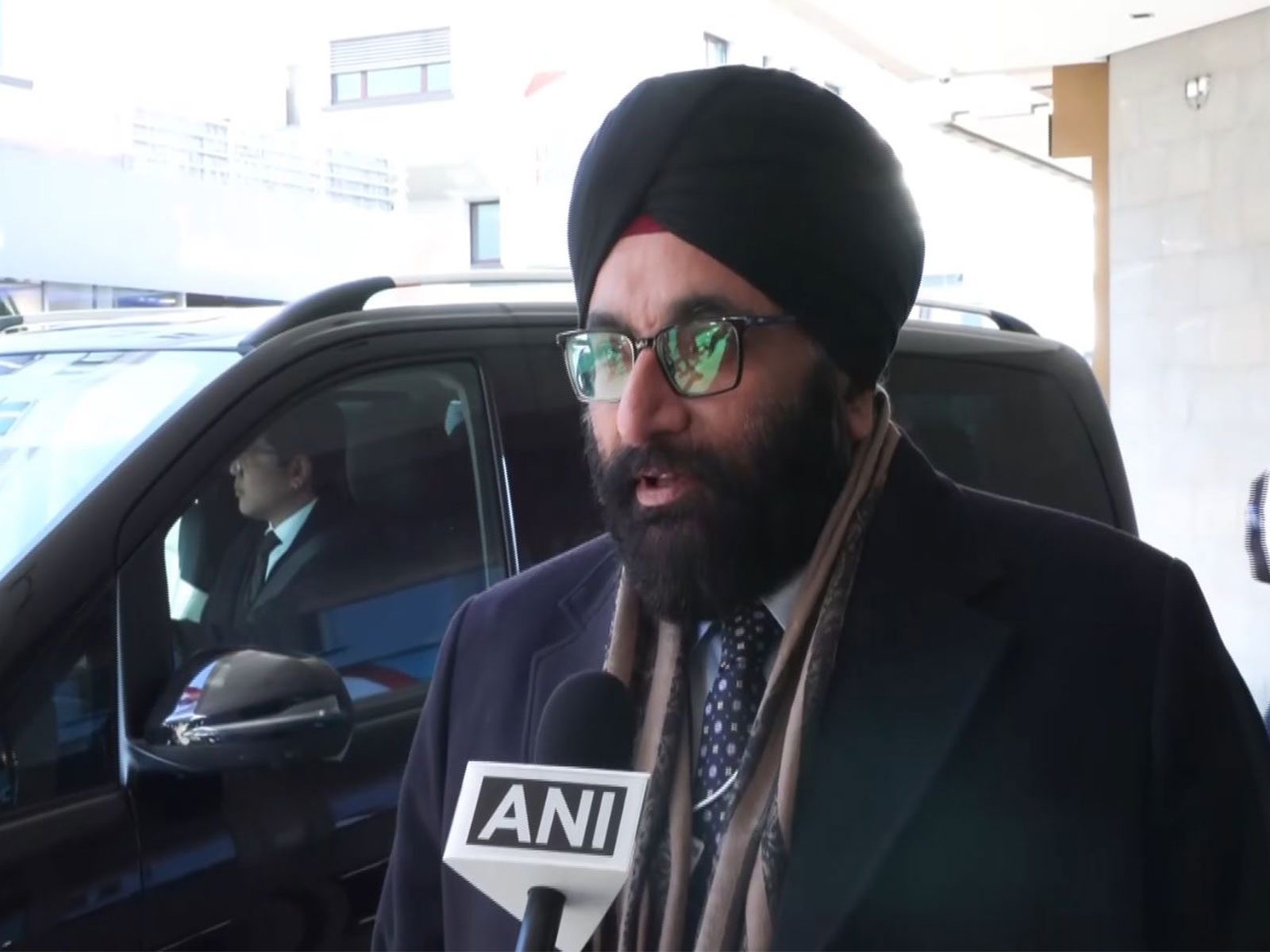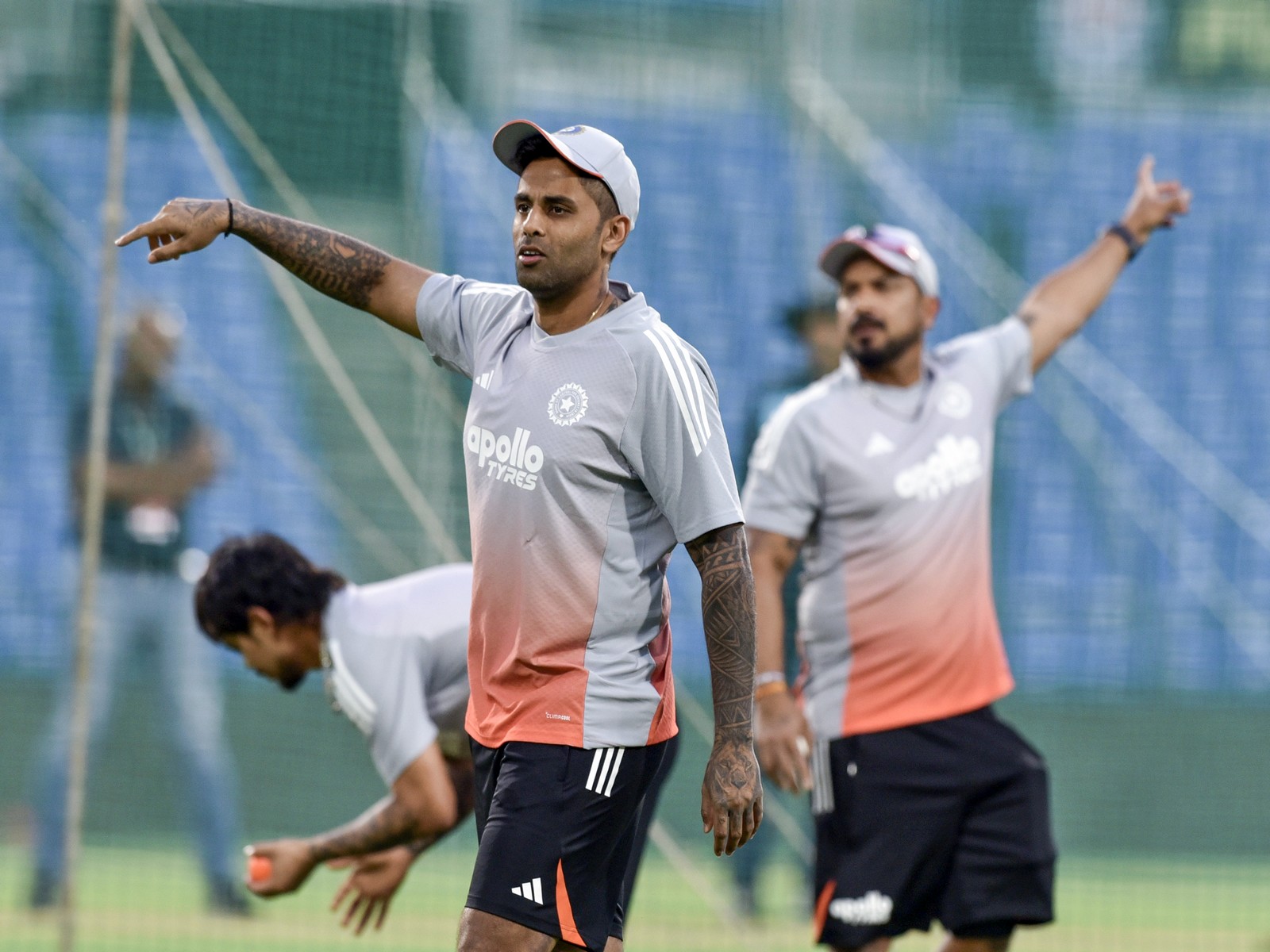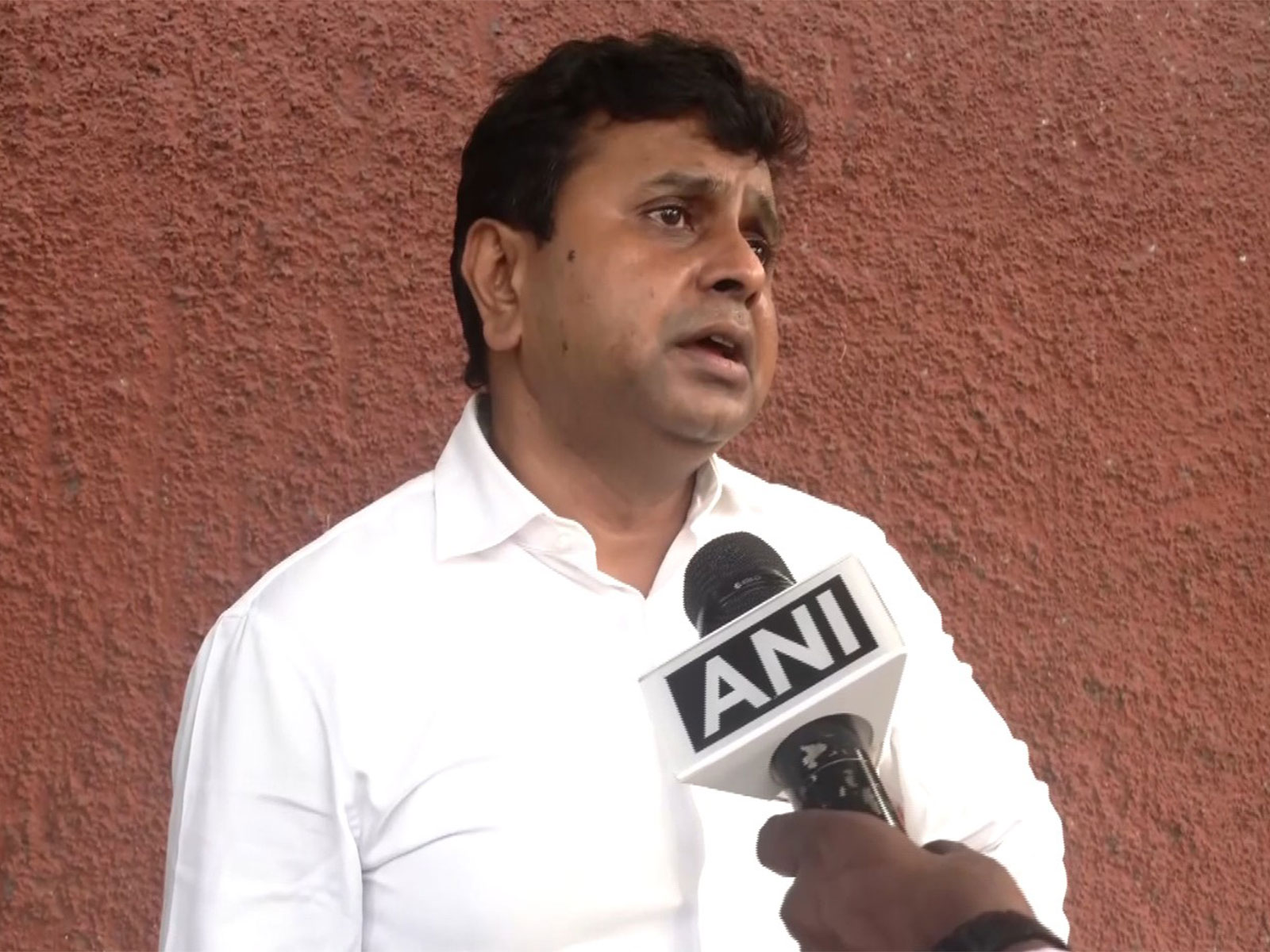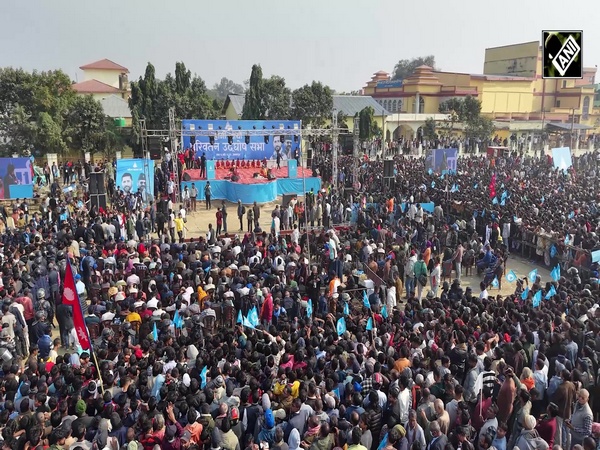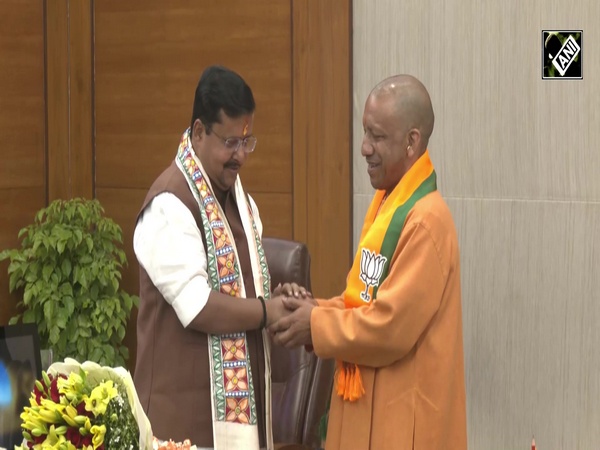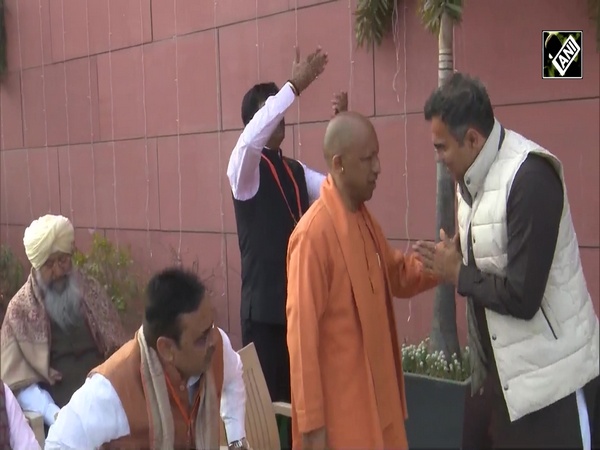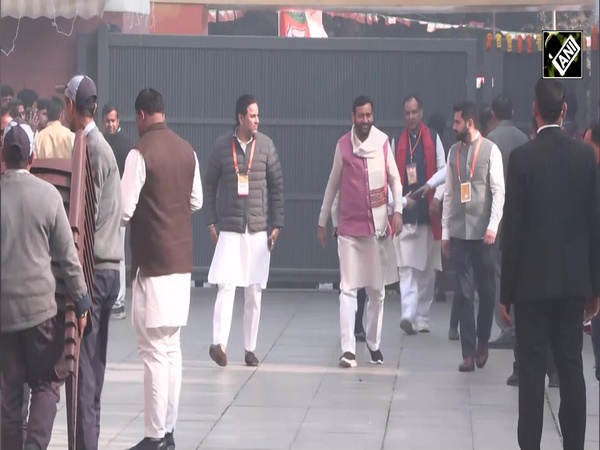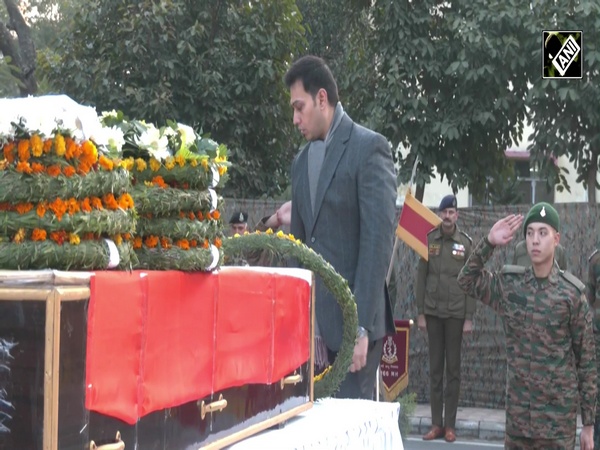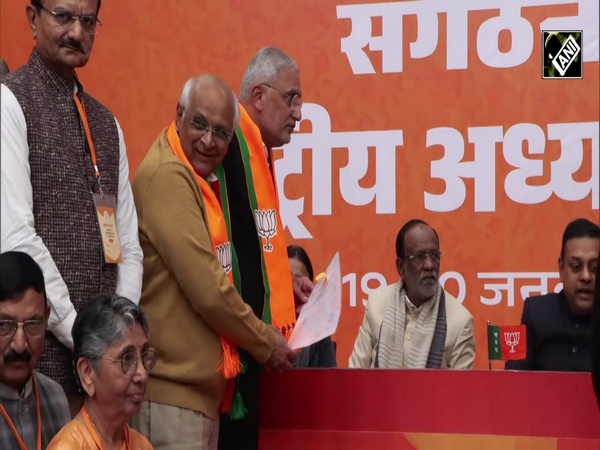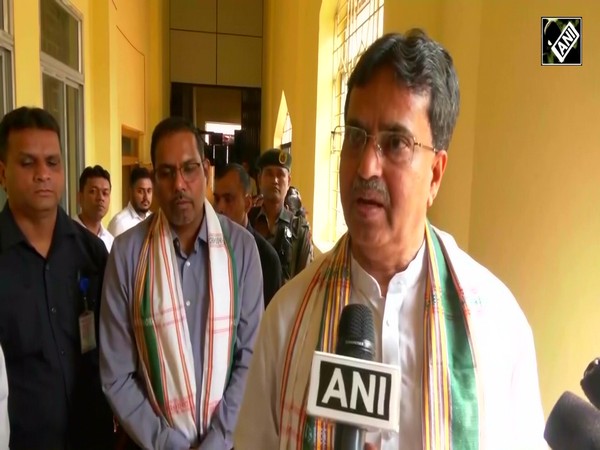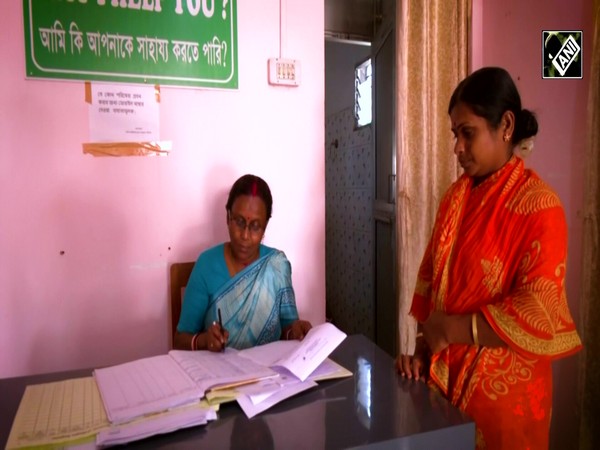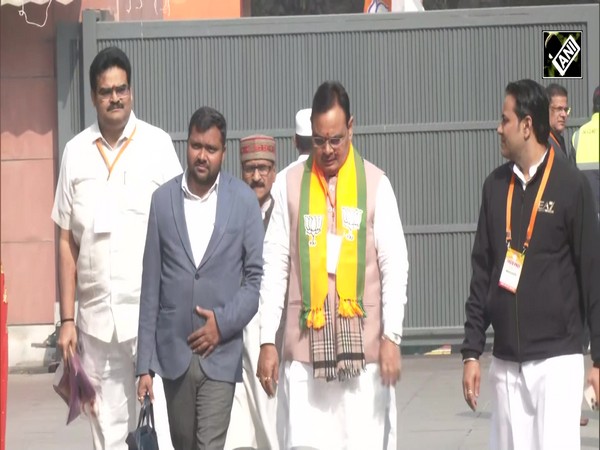Cabinet approves scheme to develop over 14,500 schools in country as PM SHRI Schools
Sep 07, 2022

New Delhi [India], September 7 : The Union Cabinet on Wednesday approved a new centrally sponsored scheme - PM SHRI Schools (PM Schools for Rising India).
This will be a new scheme for the development of more than 14,500 schools across the country as PM SHRI Schools by strengthening select existing schools being managed by central or state governments and local bodies.
PM SHRI Schools will showcase all components of the National Education Policy 2020, act as exemplar schools and also offer mentorship to other schools in their vicinity.
Briefing the media here after cabinet meeting, Education Minister Dharmendra Pradhan said the PM SHRI schools will deliver quality teaching for the cognitive development of students and will strive to create and nurture holistic and well-rounded individuals equipped with key 21st-century skills.
The scheme of PM SHRI schools (PM ScHools for Rising India) is to be implemented as a Centrally Sponsored Scheme with a total project cost of Rs. 27360 crore which includes a central share of Rs 18,128 crore for five years from 2022-23 to 2026-27.
The minister said PM SHRI Schools will provide leadership to other schools in their respective regions by providing mentorship.
Pradhan said more than 18 lakh students are expected to be direct beneficiaries of the scheme and further impact will be generated through the mentoring and handholding of the schools in the vicinity of PM SHRI schools.
An official release said PM SHRI will provide high-quality education in an equitable, inclusive and joyful school environment that takes care of the diverse background, multilingual needs, and different academic abilities of children and makes them active participants in their own learning process as per the vision of NEP 2020.
The PM SHRI Schools will be developed as green schools, incorporating environment-friendly aspects like solar panels and LED lights, nutrition gardens with natural farming, waste management, plastic-free, water conservation and harvesting, the study of traditions/practices related to the protection of the environment, climate change related hackathon and awareness generation to adopt a sustainable lifestyle.
The pedagogy adopted in these schools will be more experiential, holistic, integrated, play/toy-based (particularly, in the foundational years) inquiry-driven, discovery-oriented, learner-centred, discussion-based, flexible and enjoyable.
The focus will be on the learning outcomes of every child in every grade. Assessment at all levels will be based on conceptual understanding and application of knowledge to real-life situations and will be competency-based.
Assessment of the resources available and their effectiveness in terms of availability, adequacy, appropriateness, and utilisation for each of the domains and their key performance indicators will be done and gaps will be filled in a systematic and planned manner.
Linkage with Sector Skill Councils and local industry for enhancing employability and providing better employment opportunities will be explored.
The release said a School Quality Assessment Framework (SQAF) is being developed, specifying the key performance indicators to measure outcomes. Quality evaluation of these schools at regular intervals will be undertaken to ensure the desired standards.
Major illustrative interventions of the scheme include quality and innovation, encouraging flexibility in the choice of subjects offered, vocational interventions and enhancing internship and entrepreneurship opportunities, especially with local industry.
All PM SHRI Schools will receive Science and Maths Kits. PM SHRI Schools would be implemented through the existing administrative structure available for Samagra Shiksha, KVS and NVS. The other autonomous bodies would be involved on a specific project basis as required.
These schools shall be monitored vigorously to assess progress and understand the challenges faced in the implementation of National Education Policy 2020.
The release said the selection of PM SHRI schools will be done through Challenge Mode wherein schools compete for support to become exemplar schools. Schools would be required to self-apply on the online portal. The portal will be opened four times a year, once every quarter, for first two years of the scheme.
The elementary schools (Class 1-5/1-8) and the Secondary/ Sr. Secondary Schools (Class1-10/1-12/6-10/6-12) managed by the centre, state or local self-governments having UDISE+ code would be considered for selection under the scheme.
Selection would be done through a three-stage process with definite time lines.
Stage-1: States/UTs would sign MoU agreeing to implement NEP in entirety with Centre laying down the commitments for supporting these schools for achieving specified quality assurance as PM SHRI schools.
Stage-2: In this stage, a pool of schools that are eligible to be selected as PM SHRI Schools would be identified based on prescribed minimum benchmark through UDISE+ data.
Stage-3: This stage is based on the challenge method for fulfilling certain criteria. Only the schools from the eligible pool of schools would compete to fulfill the challenge conditions. Fulfillment of conditions would be certified by states/KVS/JNV through physical inspection.
Maximum two schools (one elementary and one secondary/senior Secondary) would be selected per block/ULB.
Under quality Assurance of PM SHRI Schools, steps will be taken to ensure that every secondary grade child passes out with at least one skill.
The release said that schools will be developed as vibrant schools focusing on all-round development of children.

